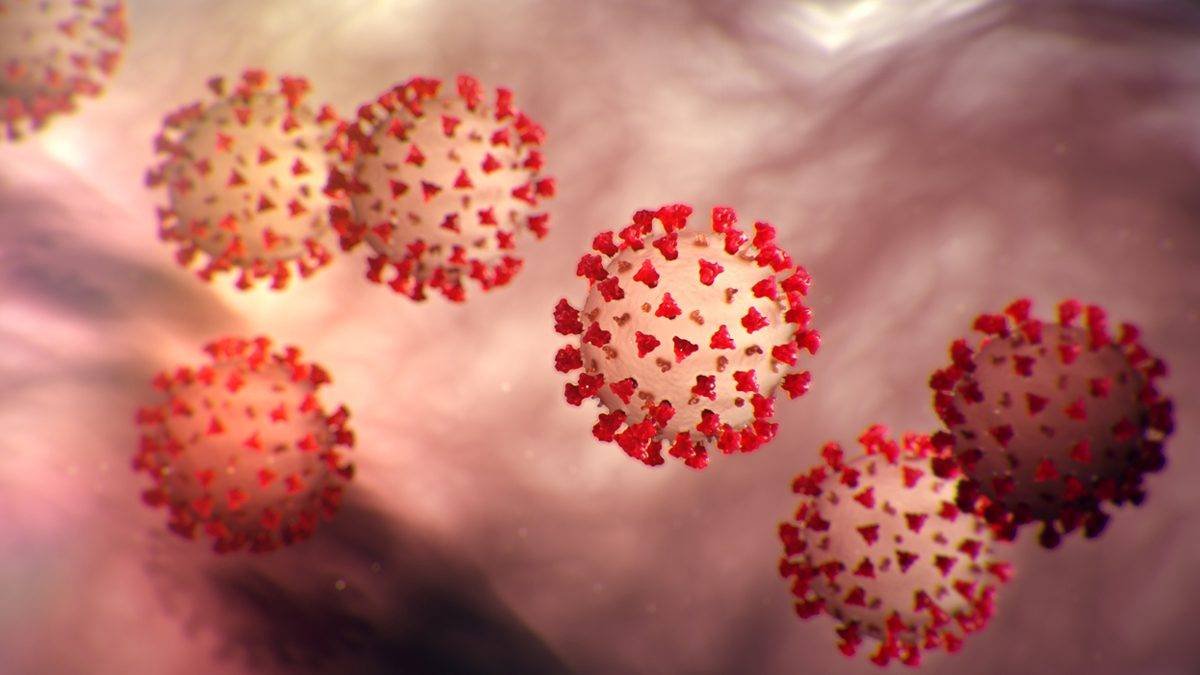Can COVID-19 Cause Psychosis?
This week, a piece of writing within the NY Times invited tons of commentary on the news and social media: “Small Number of Covid Patients Develop Severe Psychotic Symptoms” It sounds bad, but what does it really mean?
Psychosis, by the medical definition, maybe a symptom that will flow from several causes. In broad terms, it’s a disorder of thinking consisting of any or all of the following: delusions, hallucinations, and disorganization of thought or behavior.
Hallucinations in psychiatric disorders tend to be auditory (such as hearing voices or conversations that aren’t there), but they will even be tactile (feeling bugs crawling over the skin during severe alcohol withdrawal), visual, or maybe olfactory (much more likely to be a neurologic cause, sort of a seizure). Delusions are a false, fixed belief for example, that the govt has hired the neighbors to spy on you as they walk their dogs. The “disorganization” is usually being so out of touch with reality that it’s difficult to eat, change clothes, or dress, and speech can become fragmented or maybe mute. Psychosis is often caused by drug or alcohol intoxication and withdrawal, medical illness, high fevers, cancer, tumors, steroids, and first psychiatric disorders, among other things.
Sometimes, hallucinations are just an isolated occurrence, or completely benign, and with no treatment. For instance, many of us have fleeting perceptual disturbances right once we awaken called hypnopompic hallucinations. These are normal and not a symbol of any problems or illnesses.
Often, when folks are very ill, they will be confused, hallucinate, or be paranoid that the nursing staff is trying to kill them or the oxygen bottle is poison. These symptoms tend to wax and wane through the day and are thanks to delirium, a specific change of consciousness and behavior during serious illness or after surgery. The precise cause is unknown, but it’s assumed to be a mixture of inflammatory reactions to illness plus the medications and environment of the hospital and ICU, which may disturb sleep and alter consciousness. COVID-19, with its long hospitalizations, high fevers, and severe inflammatory responses can often cause delirium—up to 65 percent of patients within the ICU with COVID have delirium, and alteration of consciousness is usually the primary symptom of COVID in older adults that leads the family to bring them to the ER.
Deliriums are often frightening and even dangerous. Patients, in fear and confusion, attempt to escape, pull out IVs, catheters, and breathing tubes, and even attack family or staff. However, delirium is temporary. With time, treating underlying causes, trying to disrupt sleep as little as possible, and having familiar items (like family photos) at the bedside, then symptoms tend to enhance. It doesn’t cause lasting psychosis, though sometimes it can cause lasting psychiatric symptoms like anxiety or flashbacks.
The NY Times article first referenced a study of individuals within the hospital, or newly recovered, 10 of 153 who had “new-onset psychosis.” COVID-19 are often complicated with strokes, and even inflammation or infection of the brain itself, so alongside delirium, other neurological complications including new psychotic symptoms would be expected. These symptoms often occur with serious illness, strokes, seizures, etc., and are more notable and customary when many people are sick at an equivalent time.
Written by: Hafsa Shahid (Psychologist)

